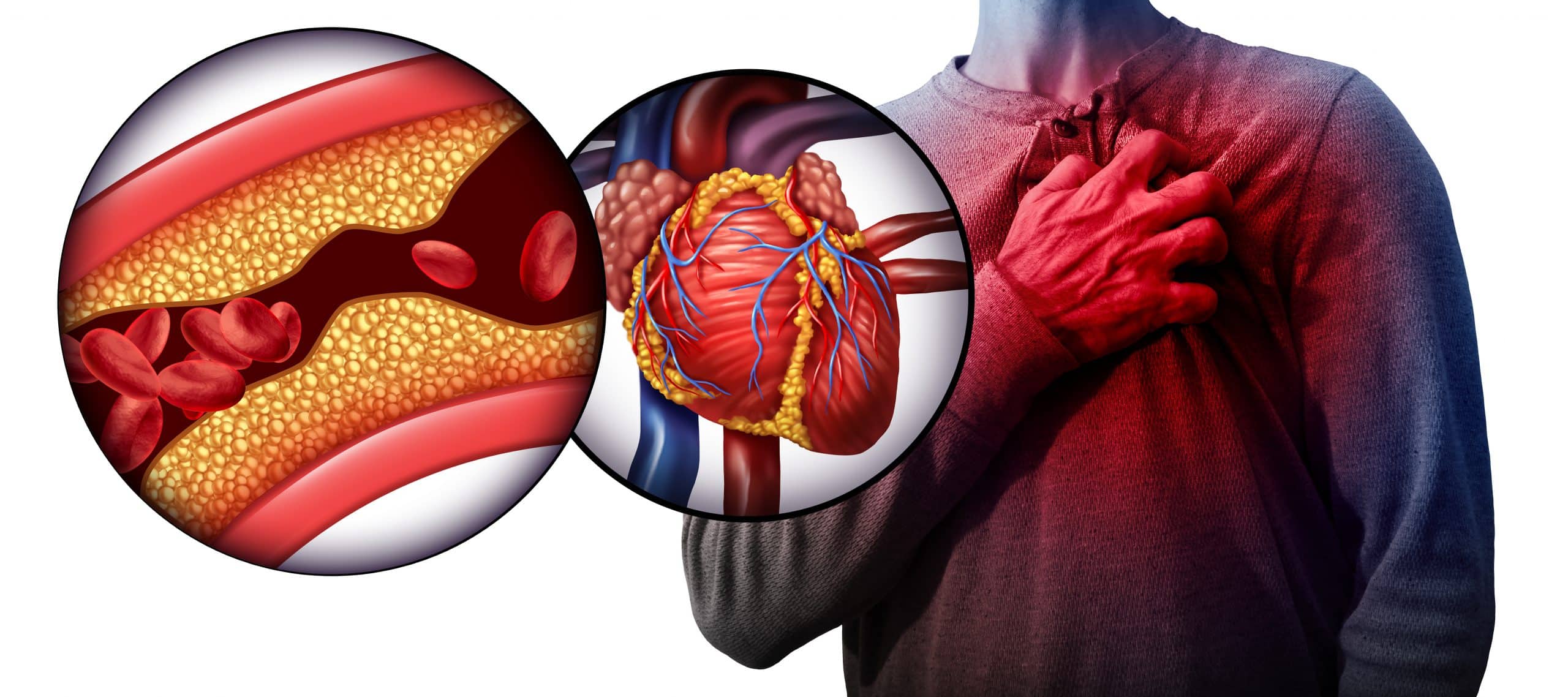04/28/2022
CVG Insights: What is an Electrocardiogram Test?
Check For Signs Of Heart Disease With An Electrocardiogram
An electrocardiogram, called an EKG or ECG, is a quick and painless test that records your heart’s electrical activity to check for signs of heart disease. A technician attaches multiple electrodes to your skin in various places of the body, which track electrical impulses.
What Can An EKG Check For?
With an EKG, your doctor will be able to check for multiple potential heart problems. These include irregular heart rhythms, poor blood flow, thickened heart muscle, electrolyte abnormalities, or even heart attack. Any of these heart problems are risk factors for heart disease.
Heart disease is a catch-all term that includes many types of heart problems, such as arrhythmias, pulmonary hypertension, and most commonly, coronary artery disease (CAD). With an EKG, you can catch these early before they develop into more serious issues like heart failure.
How Does An EKG Work?
A technician attaches multiple electrodes to the skin on your chest, arms, and legs. During a resting EKG, you’ll lie flat while a computer records your electrical impulses as they move through your heart, and this will create a picture of the activity. A stress test can also be conducted, where the same test is administered to check your heart rate while you exercise. Besides the standard EKG tests, there are other kinds to test your heart as well.
A holter monitor is a portable EKG that monitors the electrical activity of your heart 24/7 over the course of 1 to 2 days. This test may be suggested if your doctor suspects that you have an irregular heart rhythm, heart palpitations, or low blood flow to the heart. During this test, you can go about your daily routine except for showering. You’ll record your activities and any symptoms you noticed during this time.
An event monitor is a less intensive test that is used for occasional symptoms. This device has a button you can press whenever you notice symptoms, which will record and store your heart’s electrical activity for a few minutes. Because of the low frequency involved with this test, you may need to wear the device for weeks or even months.
A loop recorder is a device implanted into your body, under the skin of your chest. It has the same functions as an EKG but it allows for continuous remote monitoring of your heart’s electrical activity. This device is searching for irregularities that cause more severe symptoms, such as fainting and heart palpitations.
What Symptoms Should You Get Checked With An EKG?
If you have any of the following symptoms, it may be time to get an EKG test:
- Chest pain
- Dizziness or lightheadedness
- Heart palpitations
- Shortness of breath
- Rapid pulse
- Weakness or fatigue
- Inability to exercise
If your family has a history of heart disease, your doctor may suggest an electrocardiogram even if you aren’t displaying any symptoms.
Risks Of An EKG
There are little to no risks involved with EKG testing. Some people with skin sensitivity can experience a rash where the electrodes were placed, however, this usually goes away on its own. Patients who undergo the stress test may be at risk of a heart attack, although this is related to the exercise and not the EKG itself.
An EKG only monitors the electrical activity of your heart, it does not emit any electricity of its own. This means the device is completely safe, even during pregnancy.
How To Prepare For An EKG
While getting ready for your EKG, there are a few things to consider:
- Remove any jewelry
- Shave hair in areas the electrodes will be placed
- Avoid drinking cold water directly before the test (this can cause changes in electrical patterns)
- Do not participate in any exercise or other activity that will increase heart rate before the test
- Keep the room at a moderate temperature to avoid shivering (movement will affect the accuracy of the results)
Results Of An EKG
Your EKG results can sometimes be available the same day as your test, or by the next appointment. The results of an EKG will give your doctor more details about the following issues:
- Heart rate: Heart rate can typically be measured by simply checking your pulse. An EKG is helpful if your pulse is irregular, either too fast or too slow, or at odd moments. In these instances, your pulse will be difficult to determine regularly. An EKG can help determine an abnormally fast heart rate (tachycardia) or an abnormally slow heart rate (bradycardia).
- Heart rhythm: An EKG can determine if you have an irregular heartbeat (arrhythmias). Arrhythmias can occur if parts of the heart’s electrical system aren’t working properly.
- Heart attack: An EKG can show evidence of previous heart attacks or one currently happening. An EKG helps to give detailed results on which part of the heart has been damaged along with the extent of the damage.
- Blood and oxygen supply: An EKG that’s done while you’re experiencing symptoms will help your doctor determine if the cause of chest pain is due to reduced blood flow to the heart.
- Heart structure: An EKG can provide doctors with more information about whether you have an enlarged heart, heart defects, or other heart issues.
How CVG Can Help
CVG offers electrocardiograms to assess your risks of heart disease. We offer various EKGs so that we can determine how your heart is functioning, and what steps you will need to take to prevent further problems. If these tests determine a problem, we offer treatment solutions to help against heart disease. Learn more about our services here, or schedule an appointment to talk to our doctors.b


